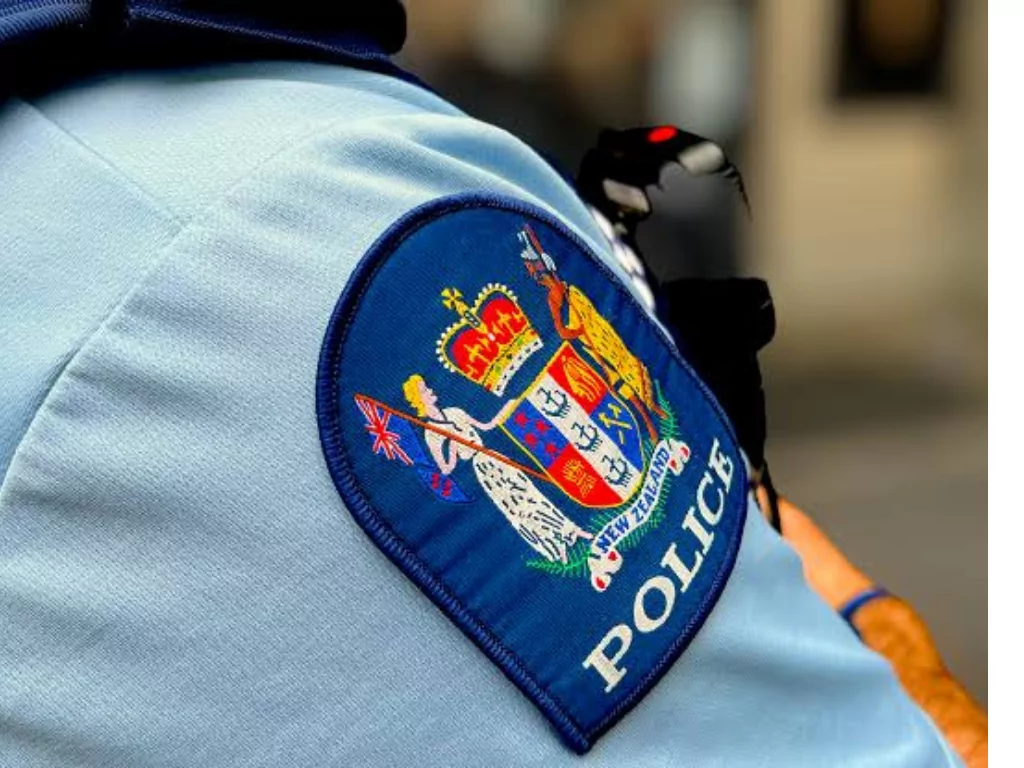Escaped youth tracked by Eagle helicopter, found hiding in New Brighton
The young person who escaped from a youth justice facility in Rolleston has been located...
Photo: Christchurch City Council / Source: Newsline
Concerns over the lack of bird life on the oxidation ponds over the past weeks has promoted the council to issue a statement.
Ecologist Andrew Crossland said “we have long-term monitoring in place for wetland bird numbers in the oxidation ponds and wider estuary areas and can confirm that numbers on the ponds are indeed very low at the moment. “
“This is a response by those birds that normally feed on the ponds to the changes in operation of the treatment plant that were necessary following the fire in November.”
“These changes have led to a temporary deterioration in the water quality of the oxidation ponds.”
Crossland said “the loss of the trickling filters means that the ponds are receiving much higher loadings of organic matter. This has resulted in a dramatic reduction in midge numbers, a major food source.”
“The combination of the changes in water quality and loss of food source are thought to have resulted in a dramatic displacement of some wetland bird species (particularly NZ scaup, NZ shoveler, black-billed gulls, black-fronted terns and welcome swallows) to other sites across the region.”
Other species able to find alternative food within the wider estuary area (such as grey teal and black swan) and have relocated locally to areas such as the Lower Avon and Heathcote River saltmarshes, Bexley Wetland, the eelgrass beds on the eastern side of the estuary and the Gracilaria weed beds in Heathcote Bay.
Birds that don’t feed in the oxidation ponds but rather simply rest on the water (like Canada geese) or up in the trees (like cormorants and royal spoonbills) have not been impacted.
Species like godwits, oystercatchers, herons and pukeko that feed only on the estuary or paddocks are still at normal population levels for this time of year.
The recovery plan for the plant is being implemented and we expect to see steady improvement in the quality of the wastewater being discharged to the ponds over the next few months.
As the water quality improves and the midges return, the habitat for the birds will become much more attractive.
“Our ecology and park ranger staff will continue to monitor bird numbers and work with the Three Waters team to get the native water bird carrying capacity of the oxidation ponds back to normal as soon as possible.”

![Christchurch dog attack followed by violent behaviour by youths caught on CCTV [distressing content | footage]](https://www.chrislynchmedia.com/wp-content/webp-express/webp-images/uploads/2026/01/Screenshot-2026-01-05-at-1.25.19-PM-1.png.webp)
